An In-Depth Look at Yuengling’s $10-Million Dollar Clean Water Act Settlement
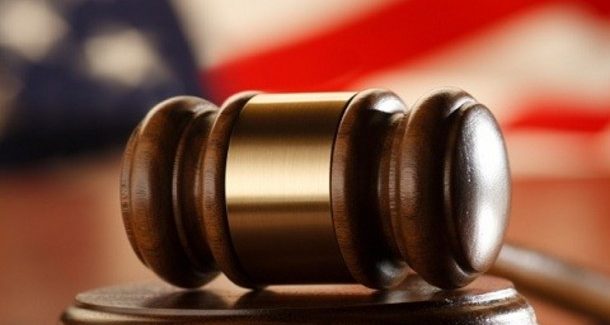
- Cecelia Kathleen
- On July 18, 2016
Broadly speaking, breweries have to jump through a multitude of regulatory hoops in order to get their beer into the consumer’s hands, but possibly one of the most important set of regulations in place are to ensure these businesses are not harming our planet’s arguably most precious natural resource – water. Overall, most American breweries are openly committed to environmental stewardship and sustainability. From the conservation measures resulting from Sierra Nevada’s recent LEED platinum certification at their new Mills River brewery in North Carolina (which includes an on-site wastewater treatment plant), to the dozens of breweries involved in the Brewers for Clean Water Campaign, there are many ongoing initiatives within the brewing community to protect water sources.

One brewery in particular has paid a very high price to pay for failing to conform to this environmental ideal. D.G. Yuengling & Son discharged pollutants into the Greater Pottsville Area Sewer Authority’s municipal wastewater treatment plant. Yuengling operates two brewing locations both in or around Pottsville, Pennsylvania, small community ninety-five miles northwest of Philadelphia (it also has a brewing operation way down in Tampa, Florida). Notably, the city of Pottsville is located on the Schuylkill River, which makes its way downstream to Philly. (It’s pronounced SKOOL-kil) And just as Yuengling is a brewing bedrock of Pennsylvania’s East Coast allure, the entirety of the Schuylkill’s watershed lies completely within the Keystone State.
And just as Yuengling is a brewing bedrock of Pennsylvania’s East Coast allure, the entirety of the Schuylkill’s watershed lies completely within the Keystone State.
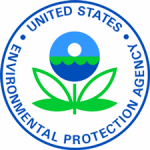 The reason that Yuengling faced violations of this behemoth of a federal law is because the Clean Water Act (and the federal agency that enforces this law, the EPA) regulate the Greater Pottsville Area Sewer Authority (“GPASA”). GPASA, (who was at the receiving end of Yuengling’s wastewater), has a federal permit to discharge the treated municipal wastewater it receives into the adjacent Schuylkill River. Thus, since Yuengling sends wastewater from its two brewing locations to GPASA for such treatment, it also falls under the Clean Water Act requirements by way of association.
The reason that Yuengling faced violations of this behemoth of a federal law is because the Clean Water Act (and the federal agency that enforces this law, the EPA) regulate the Greater Pottsville Area Sewer Authority (“GPASA”). GPASA, (who was at the receiving end of Yuengling’s wastewater), has a federal permit to discharge the treated municipal wastewater it receives into the adjacent Schuylkill River. Thus, since Yuengling sends wastewater from its two brewing locations to GPASA for such treatment, it also falls under the Clean Water Act requirements by way of association.
That is why the Department of Justice charged Yuengling with allegedly violating the Clean Water Act (“CWA”), which has specific requirements for breweries that discharge industrial waste into publically-owned water treatment facilities. In general, breweries are oftentimes required to pretreat their wastewater before sending it off to such facilities. Yuengling supposedly polluted one of GPASA’s wastewater treatment plants numerous times between the years of 2008 and 2015. According to the consent decree, that is 141 times to be exact! Clearly, this was not a one-time, “oopsies” mistake on Yuengling’s part, but a pattern of bad practices that led to this massive settlement. Notably, however, according to Yuengling’s own statement regarding the settlement, the wastewater it released into the public water facility included mostly “organic materials (mainly sugar and yeast).”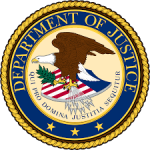
Clearly, however, the parties were able to come to an agreement regarding the situation instead of litigating. Last month, the EPA and the DOJ announced that a consent decree had been filed in a federal court in Pennsylvania’s capital of Harrisburg. A consent decree is a settlement or agreement that resolves a dispute without having the accused (Yuengling) admit guilt or liability. Thus, within the consent decree, it explicitly states that Yuengling does not admit fault in polluting the water treatment plant.
Instead of admitting past wrongdoing, because of this settlement, the brewery has agreed to spend roughly $7 million in infrastructure upgrades within its two PA brewing locations to improve wastewater procedures within its beer-making operations. These (expensive) corrective measures include:
• Hiring of a third-part to for the implementation of an “environmental management system”;
• A series of environmental inspections and audits by a third-party to ensure compliance;
• Construction of a wastewater pretreatment system at the Old Brewery;
• Improvements to the wastewater pretreatment system at the New Brewery;
• Employing two certified wastewater treatment operators;
• Provide annual environmental compliance training to facility employees
• Development of a communication/notification plan to inform GPASA of any issues regarding two facilities’ wastewater that could affect its public treatment facility; and
• Putting in place procedures to adequately target, investigate, and respond to any future Clean Water Act violations in a timely fashion
According the EPA press release on the brewery’s conduct, the recent “settlement requires Yuengling to put into place an environmental management system designed to manage compliance with the Clean Water Act in a systemic, planned, and documented manner to establish a top-down, prevention-focused approach. The settlement also mandates independent audits of Yuengling’s compliance with the consent decree, among other requirements.”
Additionally, the brewery will also have to pay the federal government $2.8 million outright in Clean Water Act penalties.
In its statement, Yuengling maintained that “[t]he wastewater [was] not toxic or hazardous. In addition to water, it mostly contain[ed] what remains after the brewing process: sugar and yeast. However, in high concentrations, these organic materials can upset the sewer authority’s treatment process.”
Despite instituting these procedures, in its statement, the EPA called out Yuengling for this extensive history of violations. Specifically, EPA Regional Administrator Shawn M. Garvin stated that, “Yuengling is responsible for serious violations of its Clean Water Act pretreatment discharge limits, [and] posing a potential risk to the Schuylkill River which provides drinking water to 1.5 million people” of the greater Philadelphia area. Garvin continued further, maintaining that, “[t]his history of violations and failure to fully respond to orders from the Greater Pottsville Area Sewer Authority and EPA to correct the problems resulted in this enforcement action,” and the eventual settlement.
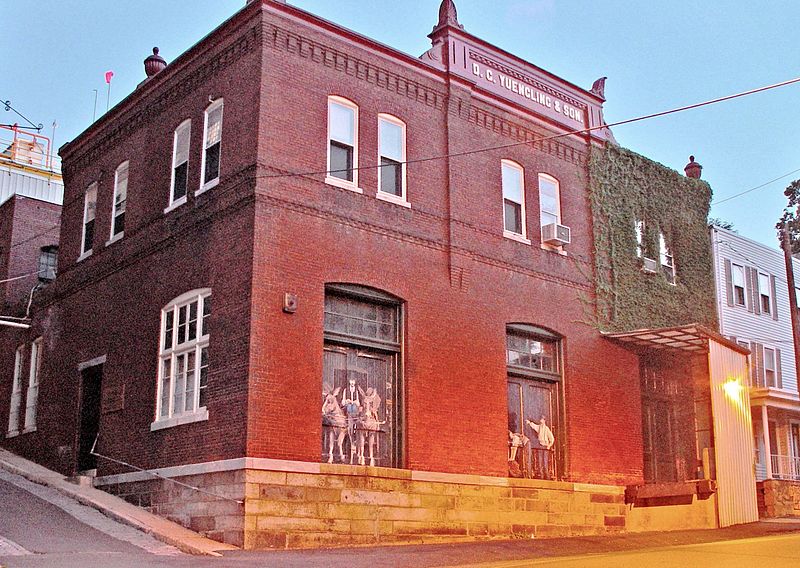
The EPA statement concluded that water “[p]retreatment helps remove or change the composition of pollutants in wastewater. Unpermitted or excessive industrial discharges may interfere with the operation of public wastewater treatment plants, which are generally designed to handle sewage and domestic waste, leading to the discharge of untreated or inadequately treated wastewater into local waters.”
In sum, this large settlement will hopefully put Yuengling on track in its commitment to sustainable brewing. In the brewery’s statement, Wendy Yuengling herself held that, “[a]s a sixth-generation family business, we’re making these improvements as part of our commitment to the continued operation of America’s Oldest Brewery so future generations can enjoy our quality lagers, porters and ales.”
Here’s to hoping Yuengling’s yeasts and sugars stay in its suds rather than the Schuylkill.
Call to Action: If any local Pennsylvanians are reading this, the Yuengling consent decree is subject to a thirty-day period of public comments and an eventual final court approval. Feel free to get involved in the administrative law process by voicing your opinions as concerned craft citizens on this issue before July 28th. The decree is available here.
Related Posts
Brewery Showcase | Yergey Brewing Company... June 12, 2017 | Dan Bortz
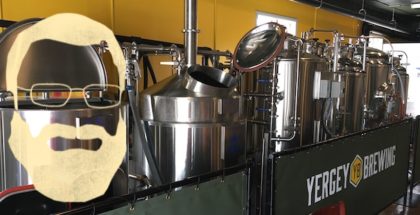
The Weekly Buzz | March 16 – 22 March 23, 2018 | Dan Bortz

Free Will Brewing Company | The Kragle IPA... January 9, 2017 | Dan Bortz
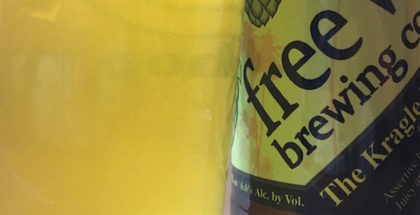
Tröegs Independent Brewing | Nimble Giant... July 8, 2016 | Dan Bortz
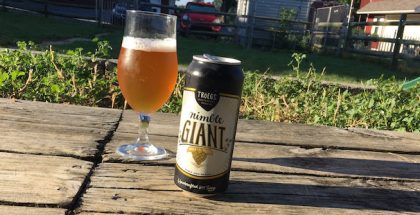
-
December 2, 2023
Bill JohnsonYou talked about everything but the nuts and bolts of the story.



Comments